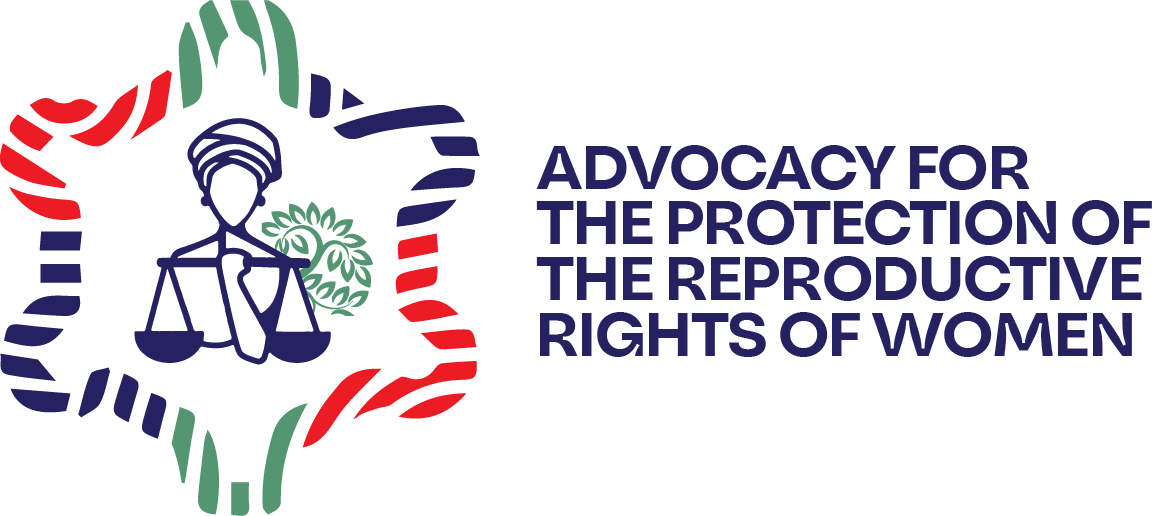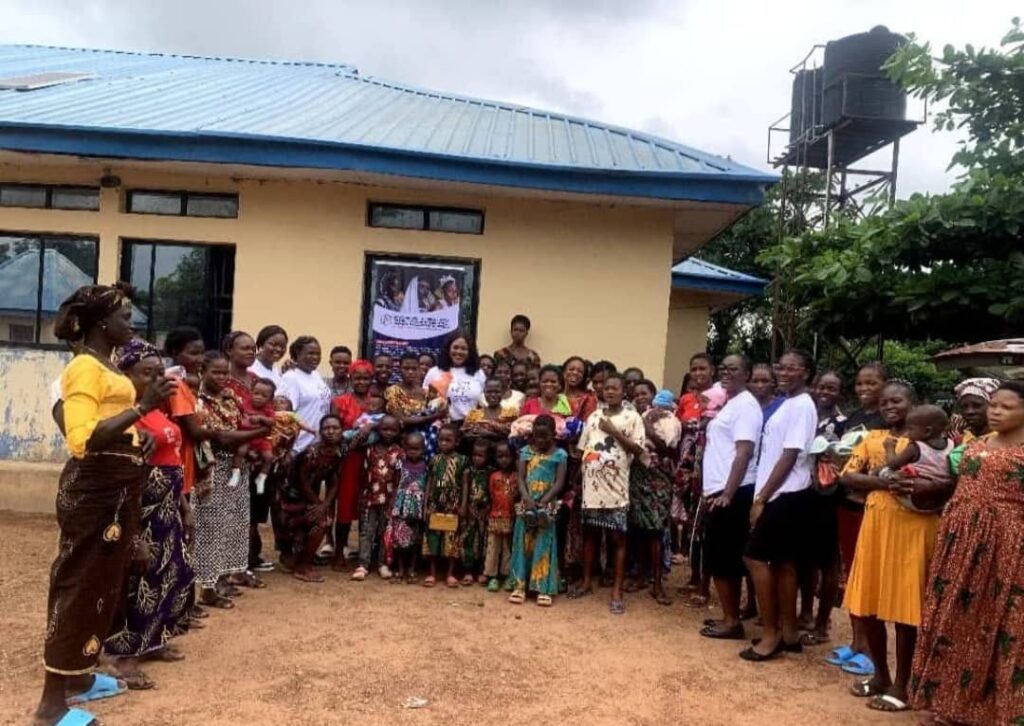Frequently Asked Question
What are reproductive rights?
Reproductive rights include the right to make informed decisions about reproductive health, access to quality healthcare, and freedom from coercion or harmful practices.
Who can benefit from your programs?
Women, particularly those in rural communities, who face reproductive health challenges or need legal support in reproductive rights violations.
How can I support your cause?
You can donate, volunteer, partner with us, or help spread awareness about reproductive rights and what we are doing to better the narrative in rural areas in Ebonyi, Nigeria.
Why focus on Ebonyi State, Nigeria?
Ebonyi State, like many parts of Nigeria, faces significant challenges including:
- Limited access to reproductive healthcare
- High rates of maternal mortality
- Cultural and religious barriers to family planning and contraception
- Gender-based violence and lack of legal protections for women’s autonomy
This advocacy seeks to address these challenges through policy change, education, and community mobilization.
How does this advocacy engage communities?
We use community dialogue, town hall meetings, focus groups, and media campaigns to:
1Encourage inclusive participation in shaping policies
Educate both men and women
Address myths and misconceptions
Are there any ongoing programs or services available now?
Free family planning clinics in select communities
Mobile health outreach for rural areas
Legal aid and counseling for victims of reproductive rights violations



